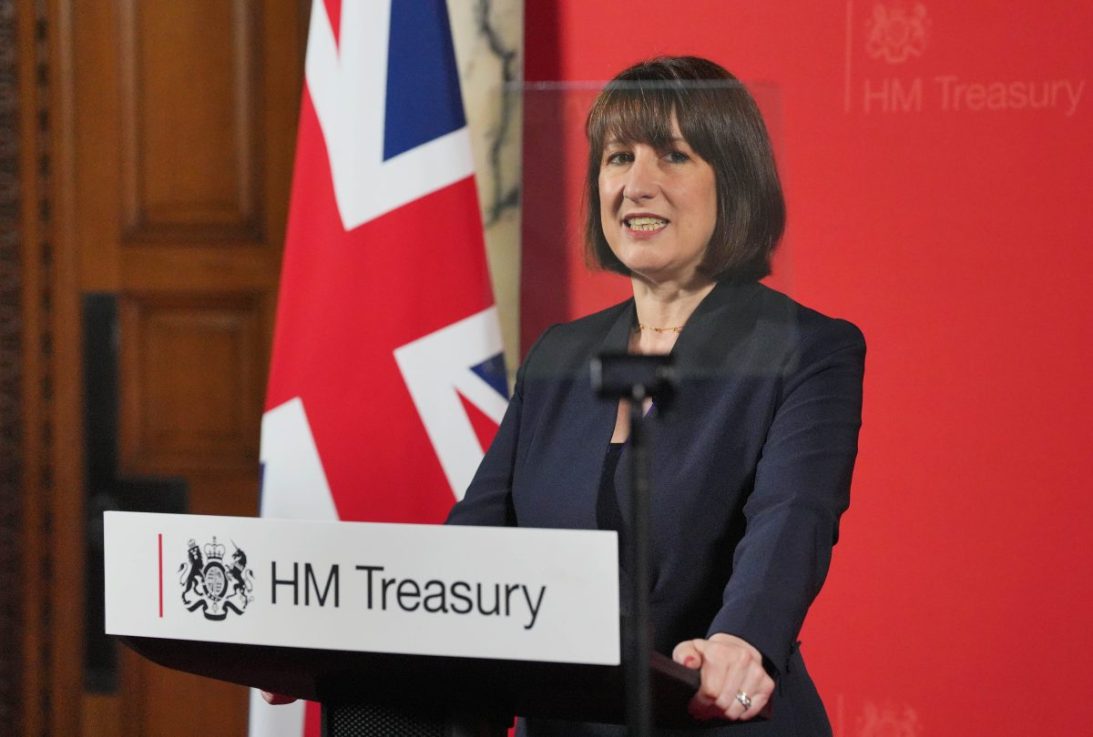Rachel Reeves set to reveal £20bn funding shortfall – but is it a surprise?
Chancellor Rachel Reeves is expected to announce a roughly £20bn hole in the public finances on Monday when she reveals the results of a spending audit undertaken by Treasury officials over the past few weeks.


Chancellor Rachel Reeves is expected to announce a roughly £20bn hole in the public finances on Monday when she reveals the results of a spending audit undertaken by Treasury officials over the past few weeks.
Speaking from the G20 meeting in Brazil, Reeves said had inherited a “mess” from the Conservatives, warning that the challenges ahead were “immense”.
The £20bn figure represents funding pressures in prisons, schools and the NHS, according to reports. The audit is likely to provide some political cover for tax increases later in the year to help plug the gap.
Speaking earlier in the week, Keir Starmer, the Prime Minister, said the government was facing “a more severe crisis than we thought as we go through the books”.
However, on BBC Radio 4’s Today programme, Paul Johnson, director of the influential Institute for Fiscal Studies (IFS), said it was “not really very credible at all” to suggest that the was a surprise hole in the public finances.
One of the cost pressures which will be flagged in the spending audit is public sector pay. Independent pay bodies have recommended pay increases of 5.5 per cent for NHS and school staff, comfortably ahead of the three per cent expected by the Treasury.
But Johnson said painting this increase as a big surprise was disingenuous. “We have always known that public sector pay is a long way behind private sector pay in terms of what has happened in recent years so there shouldn’t really be any sense of surprise that there is a big issue here,” he said.
Looking more broadly, Johnson pointed to the poor performance of a whole range of public services. “They are performing worse than they were back in 2010. We have seen that Birmingham and other local authorities have been going bust, we know what the waiting lists are in the NHS,” he said.
The IFS repeatedly argued before the election that both Labour and the Conservatives were involved in a “conspiracy of silence” over the likelihood of tax increases.
Michael Saunders, a former MPC member now at Oxford Economics, suggested that the government might raise taxes by an extra £10-25bn beyond those already included in its manifesto.
He said both inheritance tax and capital gains tax could be increased, while Reeves could also reduce tax reliefs.
While Jonathan Portes, senior research fellow at UK in a Changing Europe, agreed that Labour was previously aware of the fiscal challenges, he pointed out that there were some “large unknown or unquantified liabilities…that the Conservatives deliberately concealed or obscured”.
“A full, public accounting for these is long overdue,” he added.



